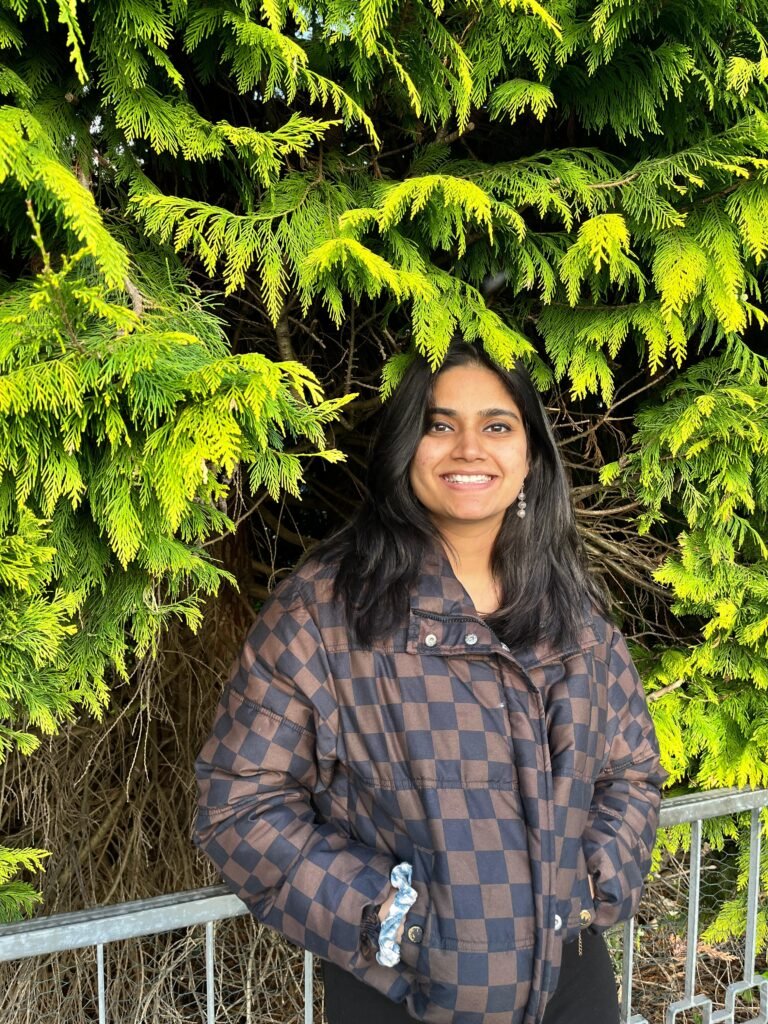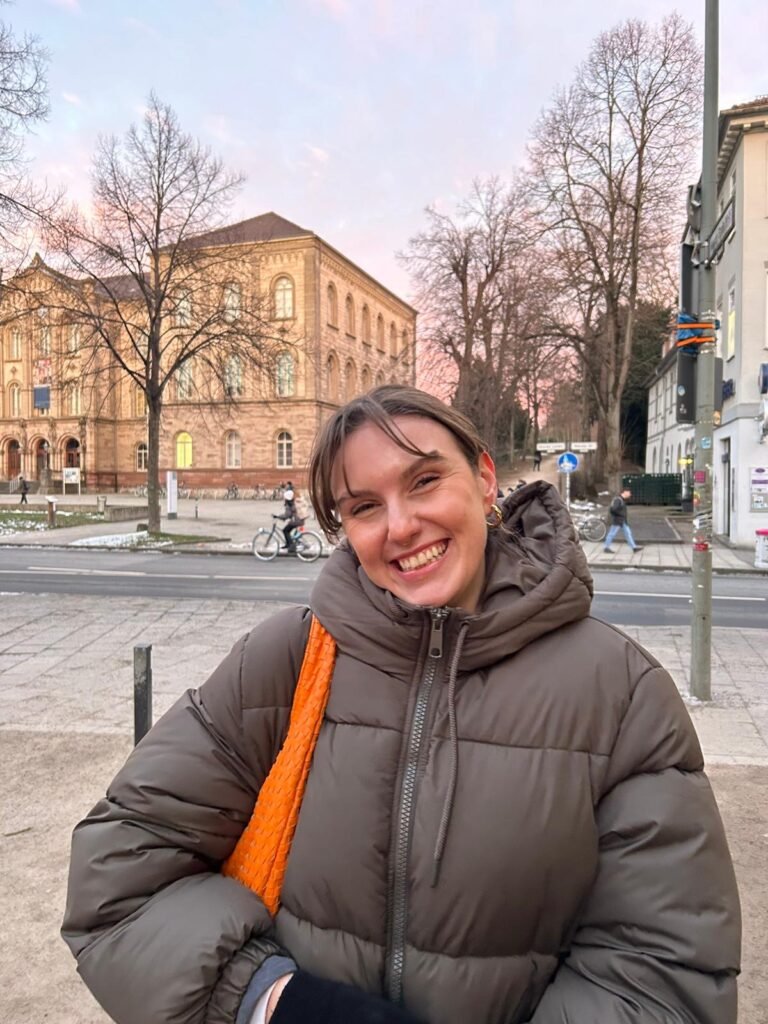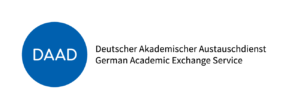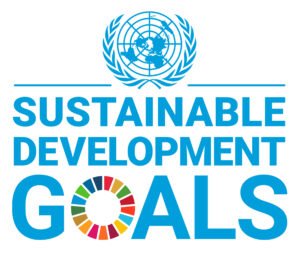Development Economics
Michael Grey
I am a development economist whose research lies at the intersection of global health, gender, and political economy, with a regional focus on South Asia. My work seeks to understand how political representation, governance, and social norms shape health and welfare outcomes for women and children in low- and middle-income countries. I use a combination of large-scale secondary datasets and primary data collection, employing experimental and quasi-experimental methods to generate policy-relevant evidence.
I am currently completing my master’s in Development Economics at the University of Göttingen, where my thesis — in collaboration with Harvard University — examines the impact of electing female legislators on women’s and children’s health outcomes in India. Alongside my studies, I have worked as a research assistant at the German Institute for Global and Area Studies (GIGA) and the Chair of Development Economics contributing to projects on agricultural development, education, health and labor markets.
My experience spans both field and desk research, from designing an RCT survey on drip irrigation in Morocco to conducting fieldwork with women construction workers in India to understand occupational health risks. I have also engaged in international public health initiatives in Mexico, and Indonesia, focusing on inclusive and accessible health systems.


Felipe Koenig
Short Biography
Felipe Koenig is a development economist with a strong quantitative focus. He is currently pursuing a Master’s in Development Economics at the University of Göttingen, Germany, specializing in Quantitative Economics. He completed his Bachelor’s in Economics at the Vienna University of Economics and Business (WU Vienna), focusing on Applied Economics, including Development, Labour, and International Economics. For his bachelor’s thesis, he conducted a comparative study of industrialization strategies in Brazil and South Korea under military rule.
Research Interests & Background
Felipe’s research lies at the intersection of health, development, and disaster resilience. His interest was sparked by witnessing the 2016 earthquake in Manabí, Ecuador, which highlighted the fragility of public health infrastructure. He is particularly interested in the interactions between health governance, community resilience, and sustainable development in fragile contexts. Felipe is currently working as a student research assistant at the Department of Development Economics with Prof. Dr. Andreas Fuchs, focusing on projects analyzing aid from Russia. He aims to contribute to evidence-based policies that strengthen health systems and development in fragile countries.
Law firms are usually organized around partners who are co-owners and business directors of a legal operation; lawyers who are employees of the firm with the prospect of becoming partners; and various staff members providing paralegal, clerical and other support services.
University of Göttingen
Alica Gondová
Short Biography:
I am a master’s student in Development Economics at the University of Göttingen, focusing on sustainable development, environmental policy, and gender equality. Since August 2025, I have been working as a Student Research Assistant at the Chair of Environmental and Resource Economics, contributing to a project on sustainable land use transformation in Indonesian oil palm farming systems. I am passionate about exploring how environmental and social policies can create more equitable and resilient communities, and I’m eager to connect these topics with global health challenges. This summer school will be my first hands-on field experience in a developing country, and I’m especially excited to learn from local experts in Banda Aceh, exchange ideas with peers from diverse backgrounds, and bring these insights into my research and future career in international development.
Research Interests:
I am particularly interested in:
• Sustainable development and environmental policy
• Gender inequality and social inclusion
• Global health and development cooperation
Law firms are usually organized around partners who are co-owners and business directors of a legal operation; lawyers who are employees of the firm with the prospect of becoming partners; and various staff members providing paralegal, clerical and other support services.





